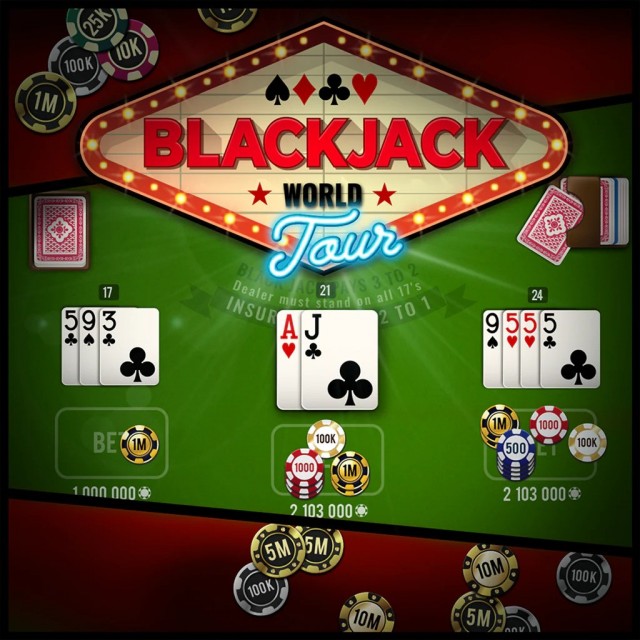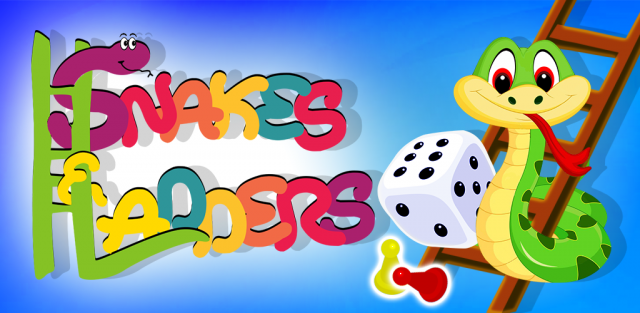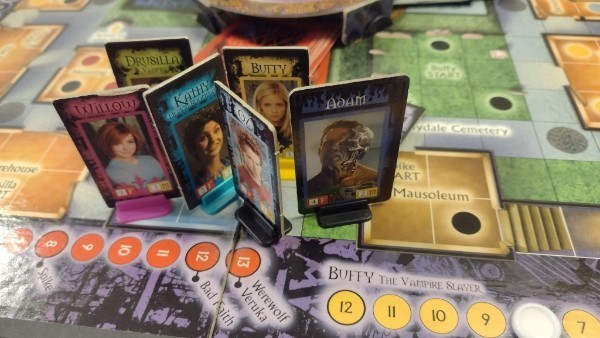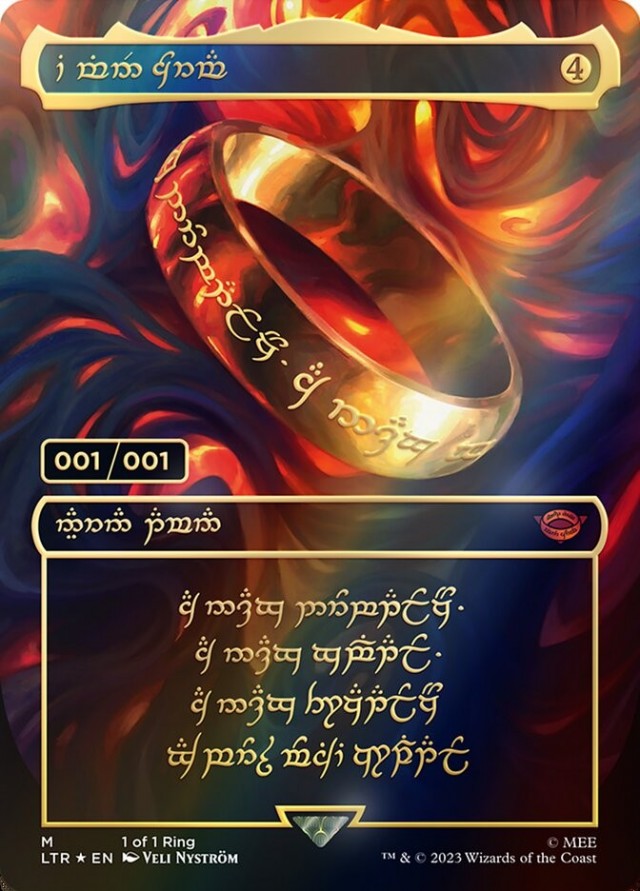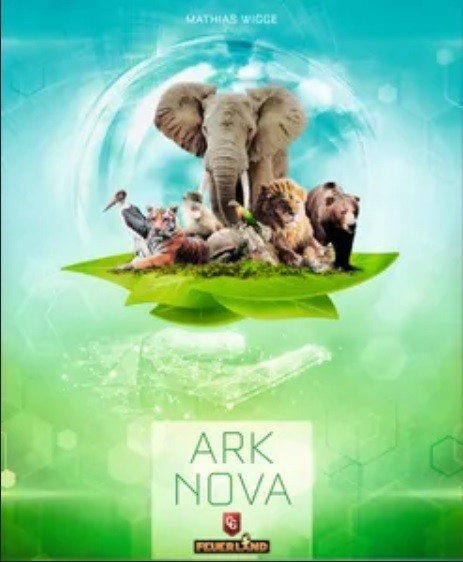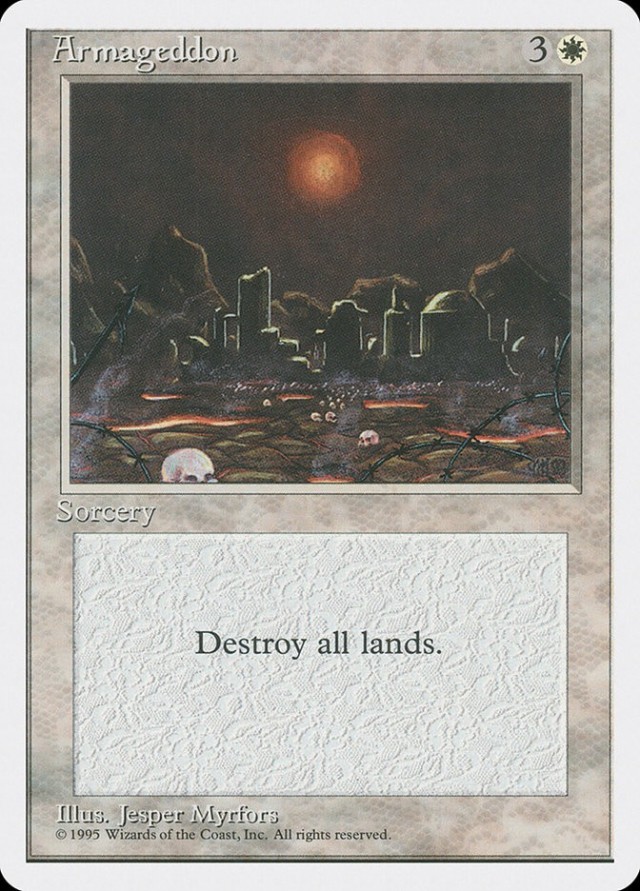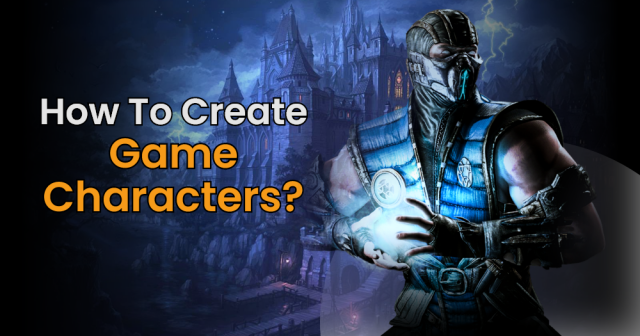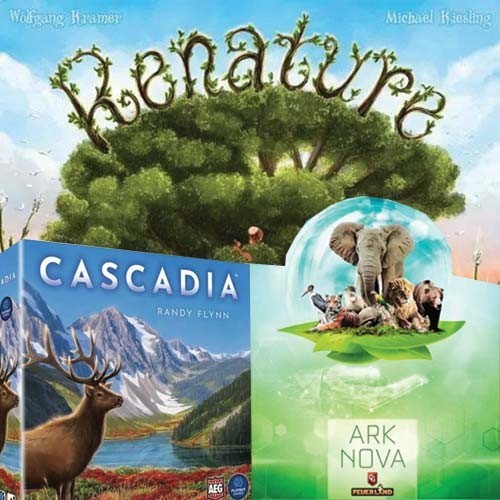What makes Fury of Dracula and Dune some of the best adaptations of literary works in board game form? Is For Sale the best fifteen-minute game ever? Once more I look at a copy of a game like Gloom and think to myself, "Why do I own this?"
For Sale
How did I get this? For Sale was actually the second half of the purchase that got me Felix: The Cat in the Sack. Both games were impulse buys and both have stayed in regular rotation.
Why do I still have it? For Sale is another one of those versatile games, one that will play anywhere from 3-6 people in a really short time, and can be explained in a couple of minutes. I've especially appreciate how you can explain the game in two phases with no real loss of strategy. It's not like someone ever says, "Well if I'd known we'd be selling off these properties we bought I'd have purchased much worse ones!"
How is it? I'm not sure how relevant the concept of "fillers" is anymore in the board gaming hobby, but when I got into it they were a big deal. I feel now that games that do one thing for 15-20 minutes are given a little more meat or made a little longer so that they can be played more compulsively and support their own night. There just isn't a ton of market for a short, cheap game in a world of crowdfunding. But it's exactly in that class that For Sale shines the most. The fact that the game still has some visibility shows its quality. I think the big key to its success is its two-tiered approach. A lesser game might focus on JUST the auction or JUST the double-guessing sale. But the two elements together dovetail very well, and they bring about just a little bit of thematic sparkle to a weight class that isn't known for it. There's something a little sly about the attempt to sell your trashy outhouse of a property at a tidy profit, like the game is taking a mild swipe at the world of real estate. It's not particularly cutting, but I do think it elevates the game. Besides that, it's just a constant stream of difficult choices, none of which are too complex but all of which can be vexing. That's what German game design does best, and For Sale has it on full display.
Frank Herbert's Dune
How did I get this? Around 2013 I reviewed Terra Mystica, a monstrous headache-inducing Eurogame that didn't do much for me. But early printings were scarce, so I was able to flip it for a copy of the then out-of-print Dune. My particular copy is the Descartes edition from the early 90s, which includes the two expansions that basically no one plays.
Why do I still have it? If I'm going strictly by playtime, Dune probably should have been moved off ages ago. But it represented what was for me a true grail game, and I thnk I'd keep it around forever based on that emotional investment alone. It also helps that it's another outstanding design by the Future Pastimes design team, and represents the best adaptation of Frank Herbert's original novel in any medium.
How is it? Dune is a great game, but it's easy to create false expectations for it. It's not nearly as goofy as Cosmic Encounter, but it has the same chaos in its soul. It's a diplomacy and negotiation game, but it's a very unstable one that doesn't always give the players the information they need. There's combat, including a brilliant resolution system, but combat is so punishing and expensive that most players think long and hard before engaging. And perhaps most notably the game functions in big cycles, where a player needs to sense when there moment has come, and go for it. If you succeed, great. If not, you will probably have another chance but it'll take a while to get there, especially if you overcommitted. I like this kind of gameplay because of its interaction and ambiguity, but it does have a habit of squirming away when you think you've nailed it down. And of course, all of that is just perfect for the world Frank Herbert created. This is definitely a game of wheels within wheels, plots that feel like they can't fail but somehow still do. The Spice must flow, and the game is very much about securing that precious resource in an economy where it isn't widely available. The faction powers are so well-designed it almost hurts my brain. They not only capture the vital characteristics of those factions in the book, but they also interact with each other in such a way that they all feel like a vital part of the experience. That's why the game is best with a full six-players, which combined with its highly variable length and diminished license makes this a very hard game to get played. But I'm encouraged by a new edition coming from Gail Force 9, and by the arrival of a new film adaptation as well. Dune will never be the huge hit that Cosmic Encounter as been. It's just too long and weird for that. But like Cosmic Encounter I think it's poised to find a big audience.
How did I get this? Another review copy, although I gladly would have plunked down the money for this game. I own the third edition, which was published for all of eighteen months from 2015-2016, before Fantasy Flight and Games Workshop had their divorce. I owned and played the second edition too for many years, but 3e replaced it after a single go-round.
Why do I still have it? Fury of Dracula is one of the best arguments for long-form thematic design that I've ever played. It has such an intuitive flow and really nails down the atmosphere of its source material, a creeping dread that something is happening. It's also the only one-player-versus-everyone-else game that I actually love, so it stays around just for that.
How is it? There are of course little quibbles you can give for this particular game. Dracula doesn't really seem furious to me, though that might just be more an issue of the title than the game itself. The combat is a little fussy, though I find it overall really engaging and a huge step up over second edition. But man, every time I play this I am just floored by it. It strikes this great balance where it manages to be tense for both sides, while still giving them plenty of tools to feel like they are invincible. The cat-and-mouse feeling is on-point, especially because who plays the cat or mouse shifts as the game goes on. This is also one of the very nicest looking products Fantasy Flight has put out, aside from the goofball box cover. Of course Fantasy Flight doesn't print this game anymore, Wizkids does. Their fourth edition is basically the same game, a game that is so good I struggle a little to find anything else to say about it. This is thematic gaming at its finest.
Gloom
How did I get this? This was another gift from Secret Satan, the gag-gift-exchange I've participated in several times.
Why do I still have it? Gloom is exactly the sort of game you buy and forget about entirely. Like a couple of other games in this series, I totally forgot I owned it until I was cataloging everything before I started writing these articles.
How is it? I know for a fact that I've played Gloom, but it was a while ago and I remember very little about the experience. In my defense, I did not find it to be particularly memorable even at the time. The concept of the game, where the players are trying to bump off family members after giving them the most overwrought depressing lives possible, is funny in concept, but kind of dumb in execution. The est thing I can say about it is that it has some outstanding illustrations done in the style of Edward Gorey. The clear-card mechanic is also pretty neat, though I've never much cared for the ways plastic cards like this feel in my hand. I dunno, I'm not really in a position to comment on the game more than that. It does look like something my nine-year-old might enjoy though.
How did I get this? El Grande was the first of many games that my wife bought me as a gift. This particular one came at a time when El Grande was out of print in the US, and she unknowingly purchased a German copy. Fortunately in those days Rio Grande Games produced a set of English cards, since this was such a popular import for several years. I still have that German copy with tiny English cards and photocopied English rules.
Why do I still have it? El Grande is one of those games where I sometimes forget how great it is. I've gone years without playing, and then it makes its way to the table and I remember why I still have it. There's also the sentimental value of my wife's accidental German purchase. I could never get rid of this one.
How is it? No doubt about it, El Grande kicks all kinds of butt. It's the sort of game with a long shadow on the hobby, having basically invented the genre of Euro-style area control games. But what's amazing is that it still somehow feels nastier and more dynamic than any of them. This is a much less "stable" experience than a lot of its progeny. The situation changes quickly, and players are able to affect the board drastically if they can read the situation well. This is the kind of thing that made a lot of late-90s and early-2000s designers edgy, which might explain why so many later area control games felt more staid. But the upside of that feeling is that even though El Grande spawned a new genre, it remains unique in its field. It even has an edge of thematic resonance that has eluded similar designs. It's like nothing so much as a game of Risk, but instead of overt combat the players use under-handed tricks and well-played powers to change the situation. It's a winking sort of conflict, where people who claim to be above it all still find a way to wreck up the place. To me it feels like a takedown of the mannered European game design aethetic, though it was perhaps not intended that way. I worry that El Grande's stock is not as high now as it used to be. While I would never change its graphics they do make it looks deeply boring. But the game is back/still in print through Z-Man, and it should be required playing for everyone who wants to get into this hobby.
Next week: A lot of small games, and one very big trip to Hogwarts.
 Games
Games How to resolve AdBlock issue?
How to resolve AdBlock issue? 
